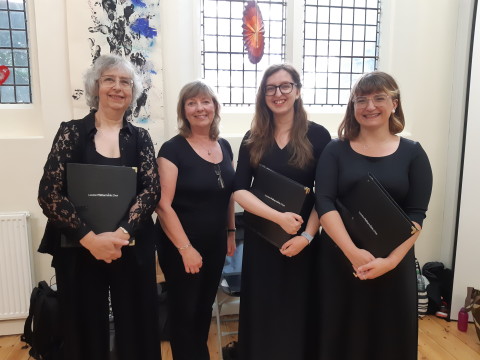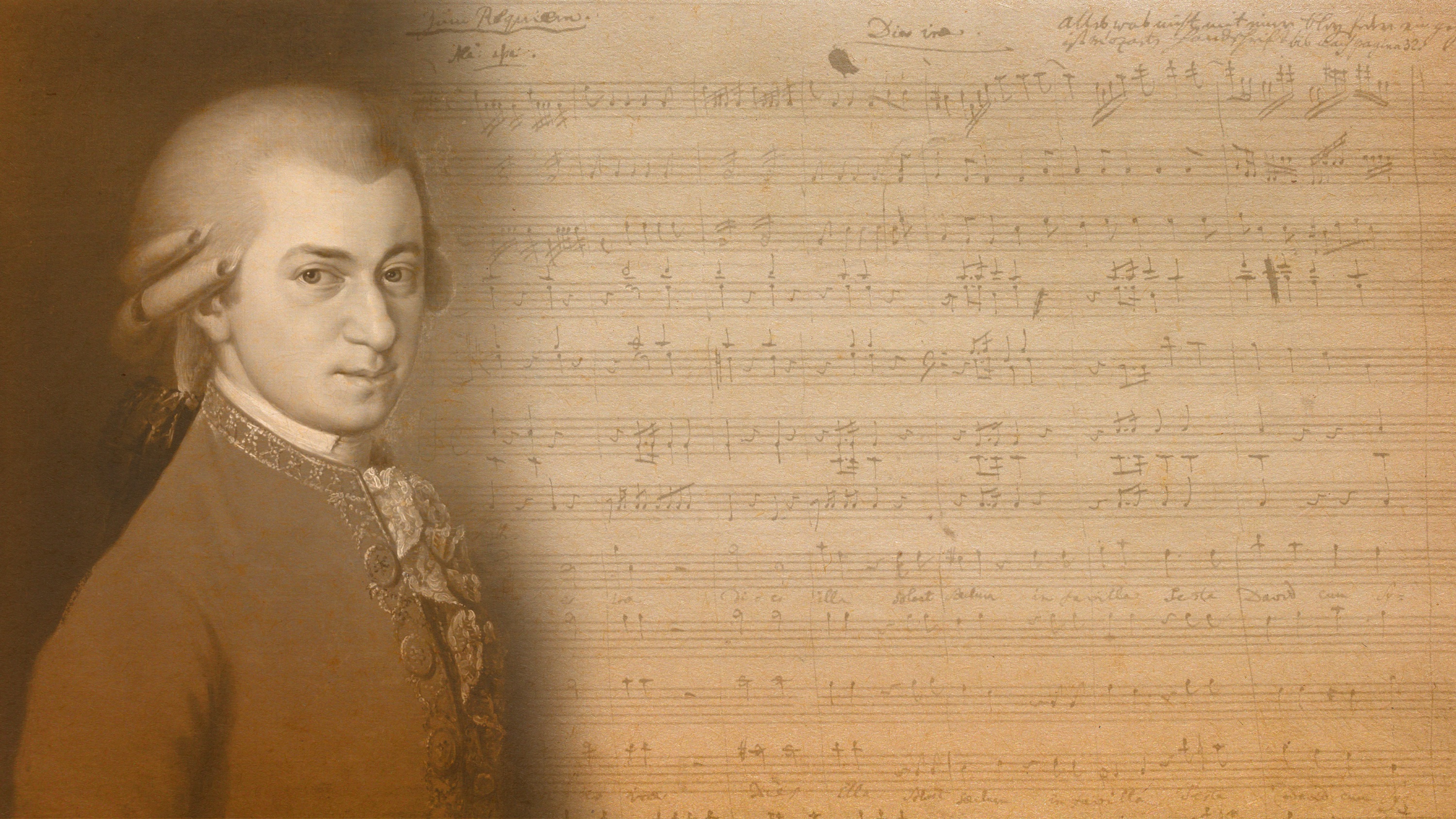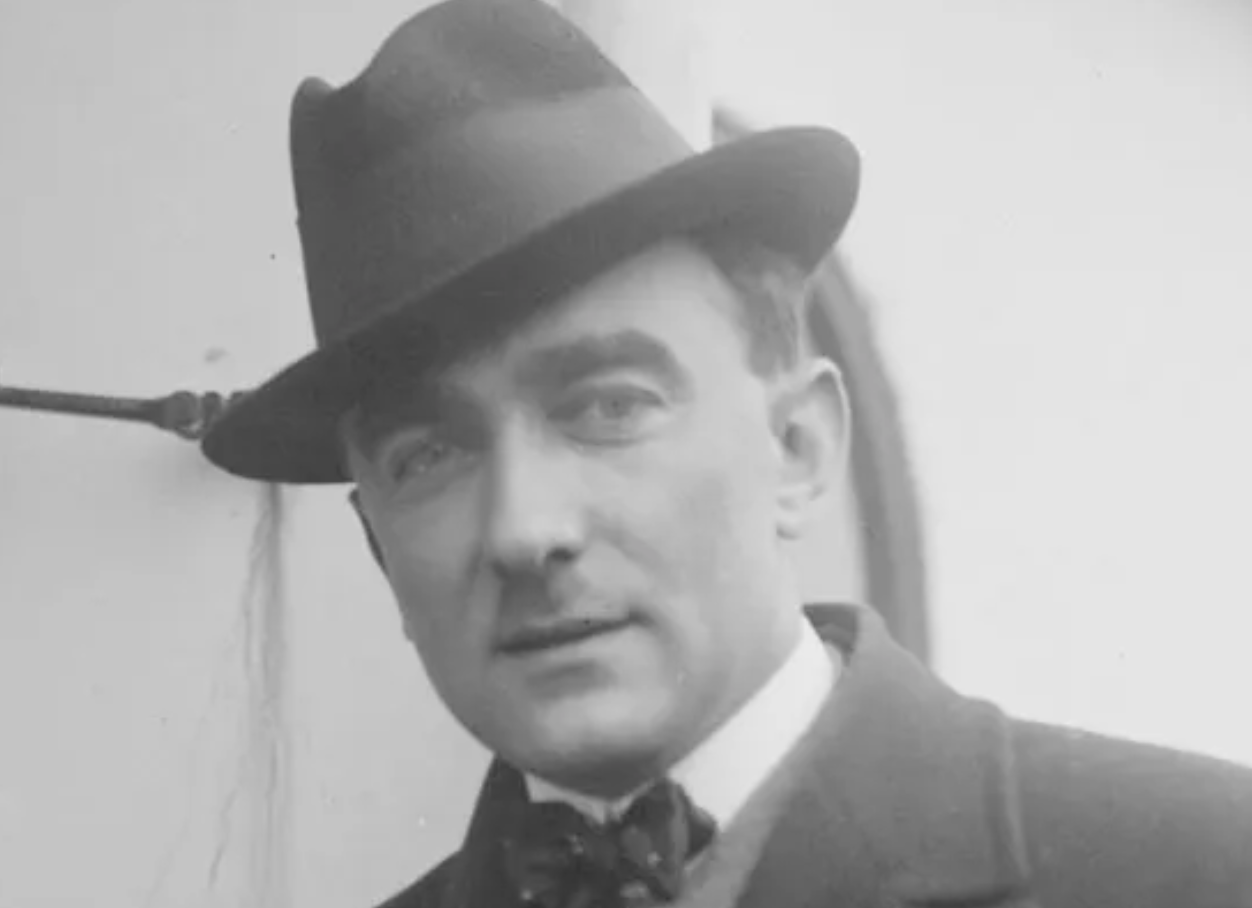Soprano, Hilary Bates, prepares for a poignant tribute at this weekend’s performance.
Choir life

Quiet doesn’t quite describe the week between Christmas and New Year for me. I wasn’t actually in quarantine but I might as well have been for all the social contact I had during that week. So it was with excitement that I heard the news that the London Philharmonic Choir would be performing a concert to replace the sadly postponed Chinese work that was scheduled for mid-February. Instead, we will be performing Mozart’s Requiem with Ádám Fischer conducting. Most of us know this work well and have performed it several times but, just as every new generation of children encounters nursery rhymes for the first time, every singer encounters old well-established works for the first time, and I am sure that there will be at least one choir member singing their first Mozart Requiem. The first time I heard it live, I was probably 14 or 15 and my younger brother was singing in the performance. I went on to have earworms for weeks (though in those days, I wasn’t aware of the term!). Mozart was just 35 when he composed it, and almost certainly aware that he was dying (certainly very ill), although serious research doesn’t support the romantic stories about his being visited by a “dark stranger” and convinced that he was writing his own Requiem.
A suitable tribute
It is a work full of darkness and light, of glorious melody and of harmonies that suggest that Mozart would have been on the brink of something momentous, had he only lived long enough. The descending scale passages in the Recordare movement are transparent and delicate, the brass in the Rex Tremendae majestic, and the Dies Irae is full of drama for all the performers. For me, the most haunting passage is in the Confutatis, particularly the second half, beginning with Oro supplex et acclinis in the chorus. The harmonies are dark and mysterious and at one with the ideas of contrition and pleading for mercy that are in the text. The introspective texts that follow (Lacrimosa, Domine Jesu and Hostias) are set to melancholic music, but the latter two movements have a lively refrain (Quam Olim Abrahae) that brings the first glimmer of hope, before all forces join together in the exuberant Sanctus. The last two movements are infused with the hope of God’s promises fulfilled, and are a positive message that death is not the end. The concert falls the day after the anniversary of my own mother’s death, so it will be a poignant occasion. I’m looking forward to a concert that will touch performers and audience alike in a significant way.
Join us
We are always looking for new members to join the Choir. If you are interested in singing with us, please contact the Membership team to arrange a discovery rehearsal and audition.
Come and hear us
Saturday 19 February 2022
7.30 pm, Royal Festival Hall
Ádám Fischer conductor
Mariam Battistelli soprano
Helen Charlston mezzo-soprano
Ilker Arcayürek tenor
James Newby bass
London Philharmonic Orchestra
London Philharmonic Choir



